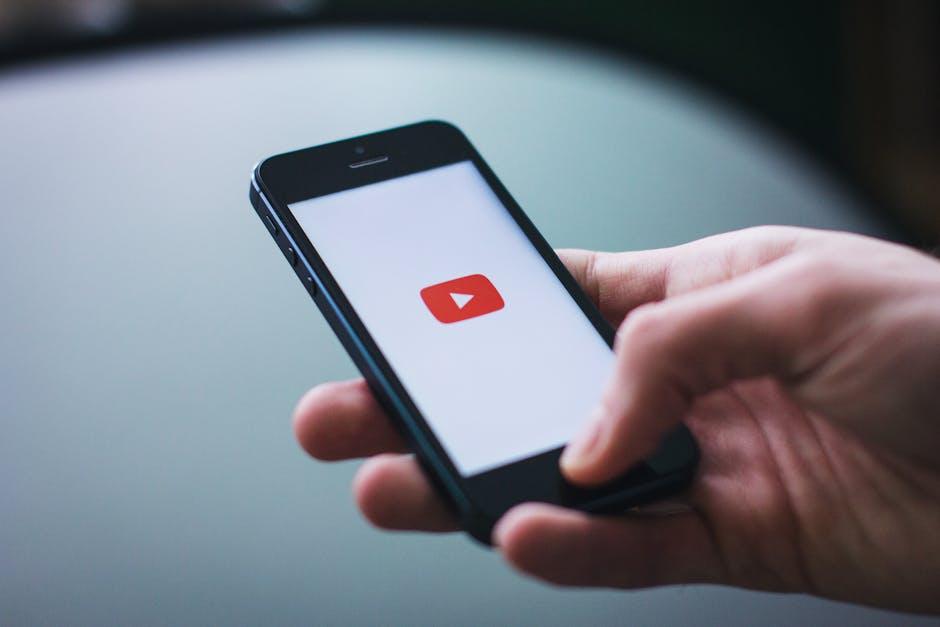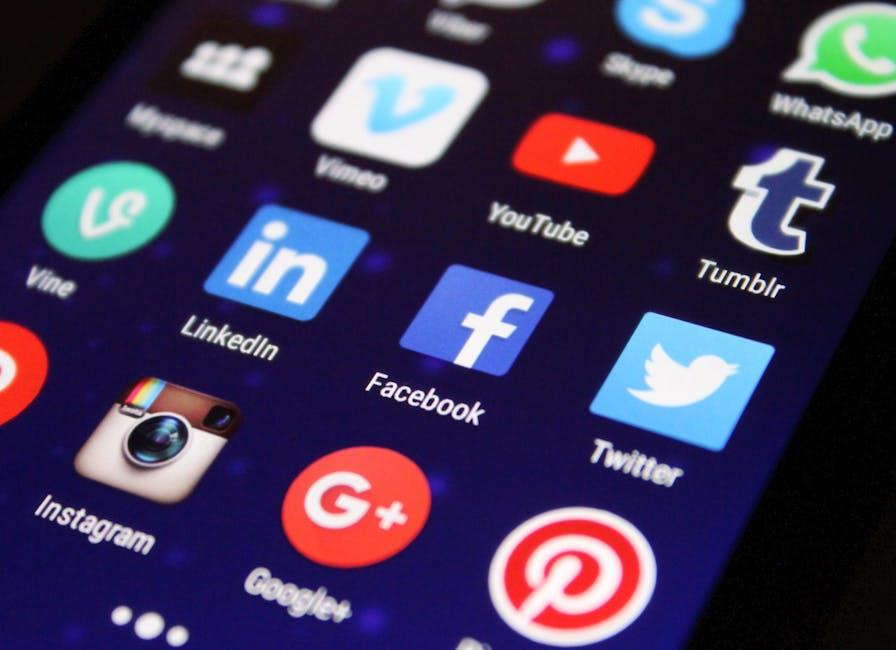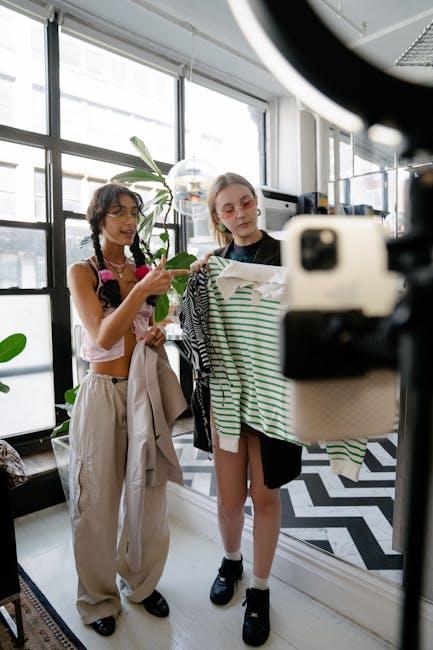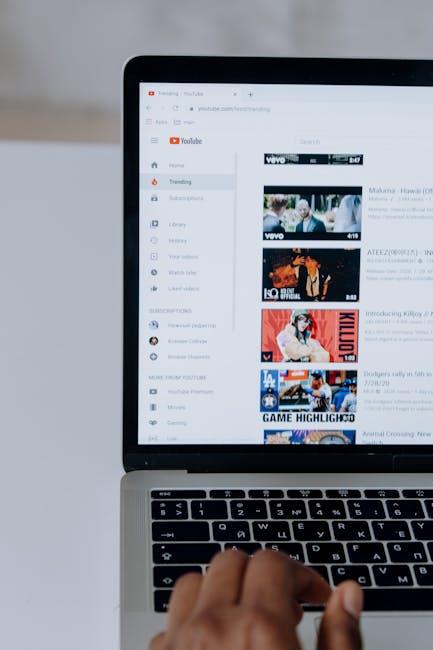Navigating the wild world of YouTube can feel a bit like walking through a dense forest—you never know what kinds of sights or sounds might pop up. Among all the cat videos and DIY hacks, there’s a serious undercurrent that has been demanding attention: piracy. As YouTube constructs its policies and updates its algorithms, many creators, viewers, and industry insiders are left wondering: is the platform really tightening its grip on pirated content? Are those beloved full movies and music videos that magically appear just a few clicks away facing the axe? Let’s take a closer look at the steps YouTube is taking (or not taking) and dive deep into the implications for creators and users alike. Buckle up; it’s about to get interesting!
The Changing Landscape of YouTube: What You Need to Know
With the rapid evolution of the digital landscape, YouTube has become a double-edged sword for content creators and consumers alike. On one hand, it’s a treasure trove of creative expression; on the other hand, concerns about piracy and copyright infringement are surfacing more than ever. As YouTube ramps up its efforts to crack down on pirated content, you’ll want to stay sharp. The platform is implementing advanced detection algorithms and working closely with copyright holders to more effectively identify and remove unauthorized content. This means creators might need to tread carefully to ensure that their uploads don’t infringe on someone else’s rights, or face potential takedowns. Is it worth risking your channel over a few moments of borrowed content? Think of it like walking through a minefield—one wrong step could lead to a blowup that affects your entire channel.
But it’s not just the big players who should be paying attention; smaller channels are feeling the heat too. Imagine trying to build a cozy little retreat in a neighborhood that’s suddenly buzzing with construction noise—that’s the creator landscape now, with increased scrutiny. Many content creators are finding that their once-carefree editing styles may need reevaluation. Finding original and creative ways to engage your audience without stepping on anyone’s toes is essential. Here are some strategies to maintain your footing:
- Focus on original content—put your spin on trends!
- Utilize fair use where applicable—but know the guidelines.
- Collaborate with other creators to diversify your content.

Inside YouTubes Anti-Piracy Strategies and Their Impact
YouTube is on a mission to clean up its digital playground, and its anti-piracy initiatives are like a digital bouncer, keeping unwanted guests out. With the rise of streaming options, swapping content without the owner’s blessing has become way too tempting. Think of it as the online equivalent of sneaking into a concert—exciting, but definitely not cool. Among their strategies, YouTube has integrated advanced Content ID technology, which scans uploaded videos for copyrighted material. This clever tool flags, monetizes, or removes content based on clearly defined rules set by content owners, giving them back some control over their creative assets.
But is it all good news or are there bumps along the way? These efforts have stirred up quite the debate among creators and viewers alike. While some see it as a necessary step to protect original work, others feel it’s stifling creativity. Let’s take a look at a few worth mentioning:
- Stronger Enforcement: The crackdowns are aimed at ensuring that original creators receive credit and compensation.
- Greater Transparency: Content creators can now see how frequently their content is flagged, providing insight into the enforcement process.
- Impact on User Experience: The rapid flagging can sometimes lead to false positives, interrupting the fun for legit users.

Navigating the New Rules: Tips for Content Creators
With the shifting tides of YouTube’s policies, content creators must stay agile to keep their channels thriving. Understanding the new guidelines is crucial for avoiding unnecessary strikes or penalties. Here are a few tips to help you navigate through these changes:
- Stay Informed: Regularly check YouTube’s official blog or support page for updates on policies. Knowledge is your best defense!
- Originality is Key: Focus on creating unique content. Not only does it resonate better with your audience, but it also minimizes the risk of copyright claims.
- Optimize Use of Licensed Material: If you use music or clips, ensure they’re properly licensed. Use YouTube’s audio library for safe, royalty-free options.
- Engage with Your Community: Encourage feedback from your viewers. They might help identify content that may unintentionally cross the line.
Additionally, keep an eye on analytics to understand what works and what doesn’t. Content that sparks engagement often has a lower chance of falling afoul of policy changes. Here’s a quick reference table of what to prioritize:
| Focus Area | Best Practices |
|---|---|
| Content Creation | Be original and authentic |
| Material Usage | Use licensed or creative commons resources |
| Viewer Engagement | Encourage comments and suggestions |

Protecting Your Content: Best Practices to Stay Compliant
Keeping your content safe in a digital ocean of pirated material can feel daunting, but by implementing best practices, you can swim confidently. First off, always watermark your videos. A subtle but visible logo can remind viewers who created the content, making them think twice before sharing it without credit. Next up, use Content ID. YouTube has a built-in system that scans uploaded videos against your material, flagging any potential copyright infringements. It’s like having a virtual bodyguard keeping your creations secure.
Moreover, make sure you stay informed about copyright policies. Not all content is created equal, and understanding the nuances can save you from potential pitfalls. Keep your eyes peeled for new updates and changes in YouTube’s terms of service; they can act as a safety net for your work. Lastly, consider using creative commons licensing. This allows you to set the terms on how others can use your material. Whether it’s giving credit or limiting commercial use, it’s your content; you get to call the shots!
Key Takeaways
As we wrap this up, it’s clear that YouTube’s approach to piracy is as complex as a tangled set of headphones. On one hand, they’re tightening the reins and ramping up their technology to pinpoint and remove unauthorized content faster than you can say “copyright infringement.” On the other hand, they’re also walking a fine line of keeping creators happy while ensuring fair use isn’t stifled. It’s a bit like juggling while riding a unicycle—impressive, but one wrong move and it could all come crashing down.
So, what’s the takeaway? YouTube seems committed to curbing piracy, but empathy for its creators remains at the forefront. It’s a balancing act that requires finesse. Just remember, whether you’re a casual viewer or a budding content creator, staying informed about copyright rules can help keep the digital community thriving. Let’s keep the conversation going—what are your thoughts on YouTube’s crackdown? Are they doing enough, or is there still room for improvement? Share your ideas, and let’s navigate this tricky landscape together!

